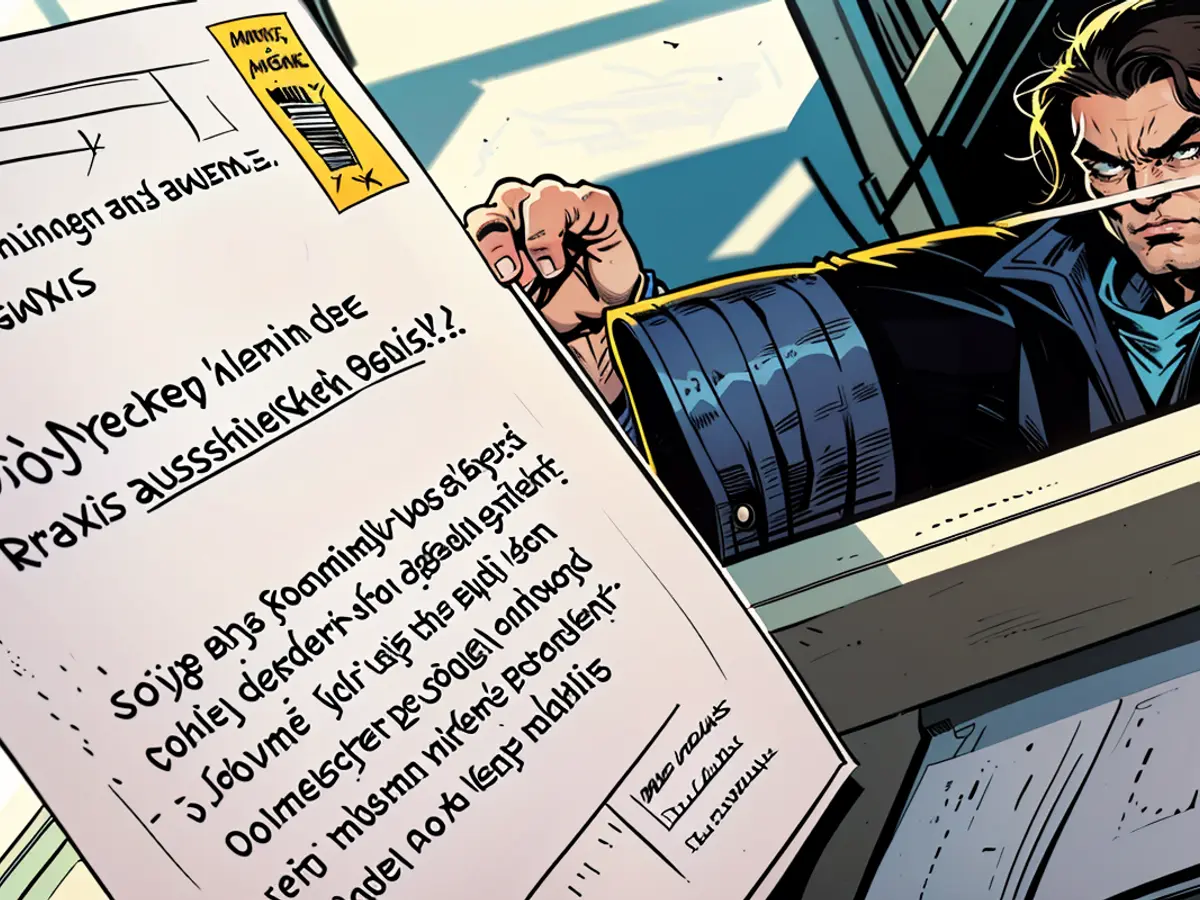- German language compulsory: pediatricians waive their license
After the stir caused by a "German language only" sign, a pediatric practice in Kirchheim unter Teck has removed the notice from the reception. However, the doctors are sticking to the rule of only treating patients with sufficient German language skills or with an interpreter.
"We have now replaced the sign because we believe that the message, especially due to all the media attention, has reached all our patients who need to know," said pediatrician and adolescent doctor Ulrich Kuhn. The "Stuttgarter Zeitung" and the "Stuttgarter Nachrichten" had previously reported on this.
For about two months, the large pediatric practice near Stuttgart had used the sign to announce a new internal policy: "We only speak German in this practice! If communication is not possible due to a lack of German language skills and no interpreter is personally present, we will have to refuse treatment in the future, except in emergency cases." The rule sparked discussions online and accusations of racism, which the doctors denied.
Sign to return
The doctors had argued that they wanted to treat patients safely and reasonably. They said that more and more parents with children were coming in who didn't understand a word of German, making treatment and diagnosis impossible. According to Kuhn, around 3,500 children and adolescents are treated in the practice every quarter. He has been practicing with his colleague at the location for about 23 years, and about half of the patients now have a migration background.
"Of course, those affected should continue to come with an interpreter," Kuhn explained. His conclusion was: "This sign was not intended for the public, but for our patients. Therefore, this media attention does not influence our organizational measures in either direction."
Currently, a different sign with practice rules is displayed at the reception. "We're just alternating them. Eventually, the old sign will come back too."
The doctors reassured their German-speaking patients that the rule of requiring sufficient language skills or an interpreter for treatment remains in place, despite removing the controversial sign. The patient who requires an interpreter should continue to utilize one during their visit.






